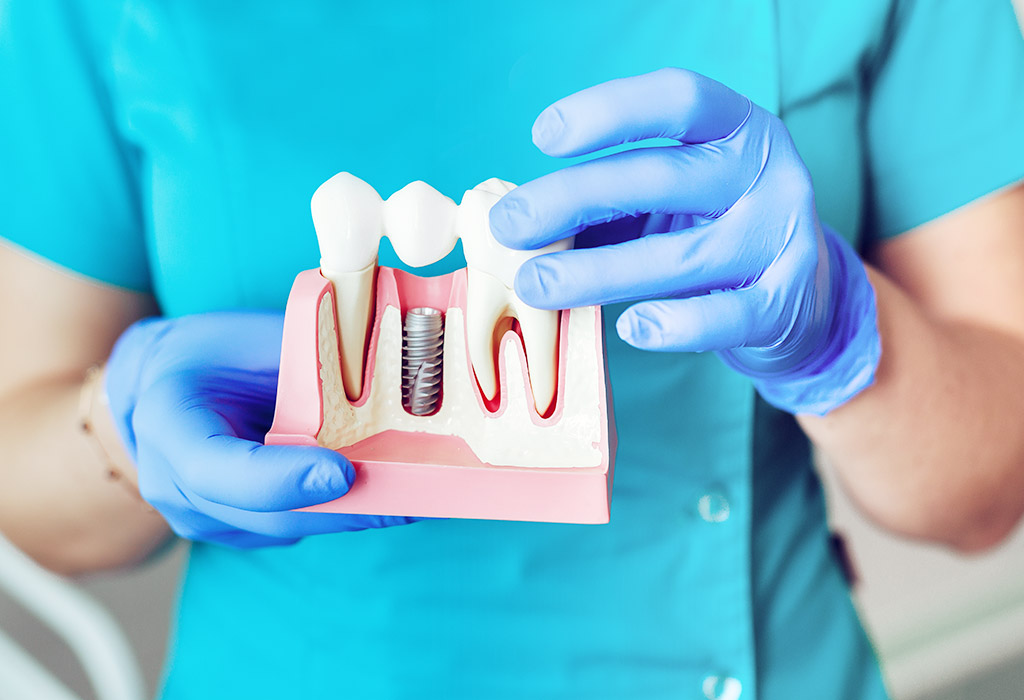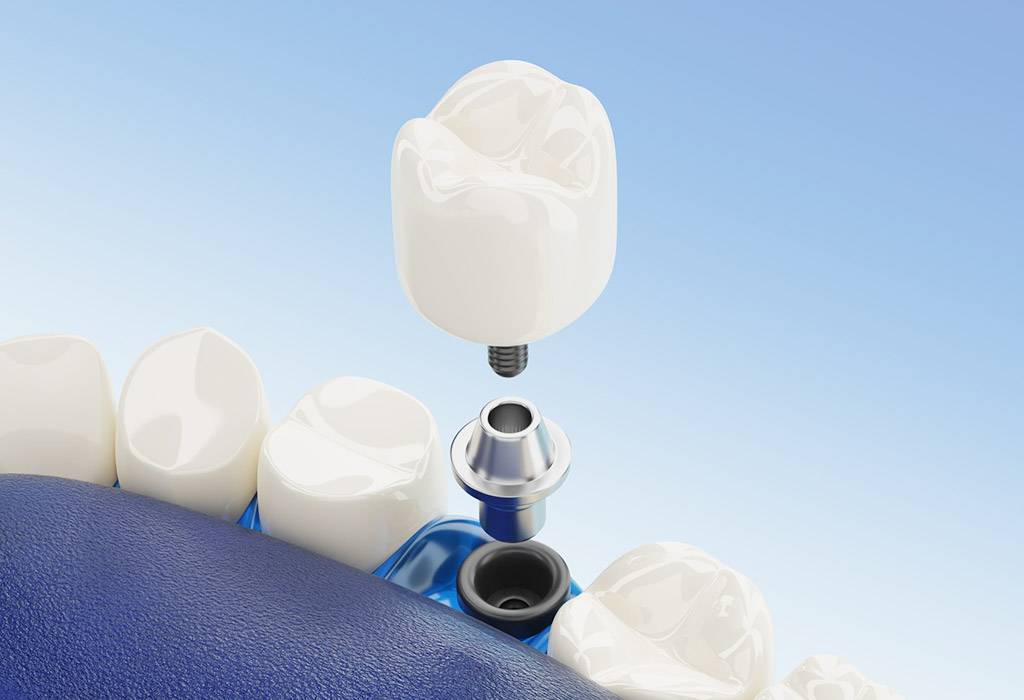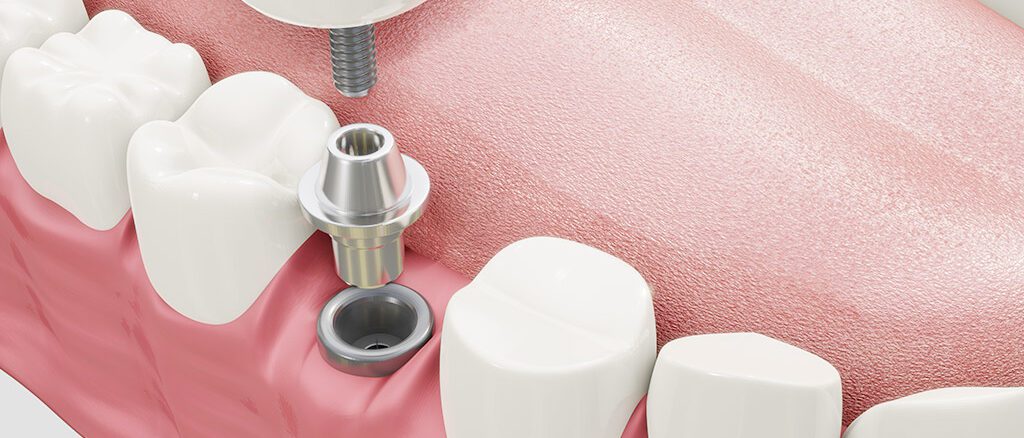Things to Know About Izmir Implant Dental Treatment
Izmir implant dental treatment can be defined as the replacement of missing teeth with implant technology. An implant tooth is an artificial tooth root, mostly in the form of a screw, placed in the jaw. Since the jawbone perceives titanium as a part of the body, implants are mostly made of titanium.
Due to the high tissue compatibility of the implants, the success rate is quite high. The reason why implants are widely used in dentistry is that they can be applied in a wide range from single tooth deficiencies to patients with no teeth. Implant tooth application is carried out without any intervention to the neighboring teeth. Both the chewing sensation being closest to normal and the possibility of treatment without interfering with other teeth; In the century we live in, methods including implant dental technologies have become one of the most applied treatment methods.
Who can receive implant dental treatment?
The most frequently asked question by those who want to have implant dental treatment in İzmir is to whom the implant dental treatment is performed. If we come to the answer to the question, we can say that individuals with good general health, healthy gums and bone in the jawbone that can support the implants, and good oral care have a high success rate in implant treatment. However, in some cases, the amount of bone is not enough for implant tooth placement. If bone loss is excessive, implants can be placed when the appropriate infrastructure is provided for implant placement by applying advanced techniques.

How is Izmir Implant application performed?
Implant application in Izmir is usually performed in two stages. For a standard dental implant application that does not require further surgery, local anesthesia is applied to the area where the dental implant will be placed in the first stage, and after the area is anesthetized, the gingiva is carefully lifted. In accordance with the previously determined bone thickness and height, a place for the dental implant is prepared in the bone and placed. In the second stage of the dental implant application, after waiting for a certain period of time depending on the condition of the bone and the jaw applied for the implant to integrate with the bone, the covered implant is opened and the part imitating the tooth is placed and the prosthesis procedures are started.
Do I have to be toothless during the waiting period for the dental implant to fuse with the bone?
If the tooth loss is in the anterior region and the implant was made in the anterior region, that is, in the incisor region, a temporary tooth can be placed in the relevant region to provide the aesthetic appearance of the person. Temporary teeth are made either in the form of a prosthesis that can be inserted and removed, or in the form that can be attached to the adjacent teeth. In some cases, a simple temporary tooth can be attached to the placed implant. If the implant is placed in the area of the posterior teeth where chewing forces are greater, it is not preferred to make a temporary tooth in this area. Because the temporary teeth made are not resistant to chewing and biting forces, they can easily be deformed, displaced or broken.

If an implant has been made in a completely edentulous jaw, it is recommended that the patient not wear any prosthesis until the surgical wound in his mouth heals, and then wear it as little as possible to avoid pressure on the implants during the fusion period with the bone, and not chew hard foods. By using soft lining materials in such prostheses, it is tried to prevent excessive pressure on the implants during the healing period.
Can smokers have implants?
Smoking damages the hard tissues around the teeth and causes tooth and gum problems. Smoking, which melts the bone around the teeth, can lead to osteoporosis around the dental implants. It is recommended that patients not smoke for 1 week after dental implant surgery. After the fusion period with the bone is over, the less the patient smokes, the longer the implants stay in the mouth. It is not recommended to apply implants to people who can never give up smoking or who smoke 1-2 packs of cigarettes a day.




